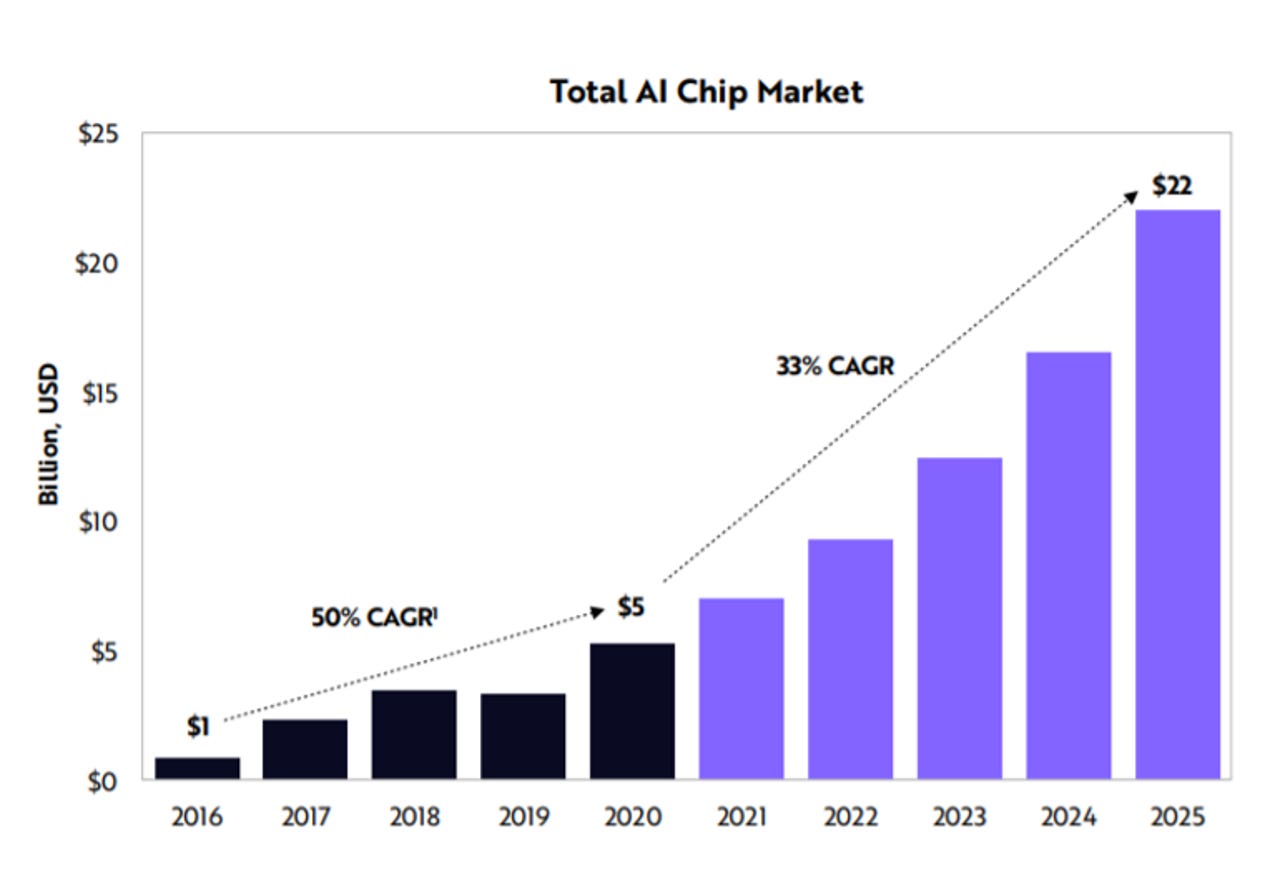IT spending, cloud computing, phishing campaigns, AI boom, and more: ZDNet's research roundup

Worldwide IT spending to surge to $3.9 trillion in 2021
Global IT spending is expected to reach $3.9 trillion this year due to COVID-19 acting as a catalyst for rapid business transformation. Gartner's new estimates on worldwide IT spending predict that the sector will grow by 6.2% over the course of 2021, balancing out a decline of 3.2% last year.
For more see: Worldwide IT spending to surge to $3.9 trillion in 2021
Pandemic planning causes cloud-spending boom
The COVID-19 pandemic has accelerated spending on cloud computing, automation, artificial intelligence and machine learning, according to research. Flexera's State of Tech Spend Report found that 49% of companies expect to increase information technology spending in 2021.
For more see: Amid cloud spending boom, Microsoft Azure, AWS gain IT spend
Microsoft's Q2 Azure revenue up 50%
Microsoft's second quarter blew past expectations as its commercial cloud sales surged 34% en route to a $66.8 billion annual revenue run rate. The company forecast revenue this quarter, moreover, was as much as $2.5 billion higher than Wall Street's expectations.
For more see: Microsoft's Q2 Azure revenue up 50%, commercial cloud run rate at $66.8 billion; forecast tops consensus
This is how the coronavirus pandemic has impacted Zoom
There's no doubt that Zoom has zoomed into our collective consciousness since the early days of COVID-19. But what does all that attention mean for the business? We took a deep dive into the figures. Zoom zoomed up in value over the pandemic year, peaking on October 12 with a market cap in excess of $159B. It began 2021 at $102.52B.
For more see: Everything you need to know about Zoom during the pandemic, in 8 charts
Demand for Chromebooks is going through the roof
Just over 11 million Chromebooks were shipped in the fourth quarter of last year, for a total of 30.7 million shipped across the year. And it's not just Chromebooks that have been selling: in the fourth quarter of 2020, PC shipments reached 143.7 million, up 35% compared to the same period last year, according to analyst firm Canalys.
For more see: Demand for Chromebooks is going through the roof
COVID-19 a 'significant' factor in wearable device adoption
The smart wearable technology industry is expected to surge to $81.5 billion in 2021 due to the coronavirus pandemic. Gartner says renewed interest in the market has become a catalyst for growth, increasing worldwide spending by 18.1%, in comparison to an estimated overall spend of $69 billion in 2020.
For more see: COVID-19 a 'significant' factor in wearable device adoption, market surge
US and Bulgarian authorities disrupt NetWalker ransomware operation
Law enforcement agencies from Bulgaria and the US have disrupted the infrastructure of NetWalker, one of 2020's most active ransomware gangs. A report from analysis firm Chainalysis says the ransomware operation earned more than $46 million for the year 2020, putting NetWalker in the year's top 5 grossing ransomware strains.
For more see: US and Bulgarian authorities disrupt NetWalker ransomware operation
This phishing scam left thousands of stolen passwords exposed
Operators of a phishing campaign targeting the construction and energy sectors exposed credentials stolen in attacks that were publicly viewable with a simple Google search. Check Point Research found a wide range of target industries, but the threat actors have a particular interest in construction and energy.
For more see: This phishing scam left thousands of stolen passwords exposed through Google search

Deep learning will create a boom in AI chips
Researcher ARK estimates that data centre spending on AI processors will scale more than four-fold during the next five years, from $5 billion a year today to $22 billion in 2025. ARK is forecasting an expansion of AI from vision to language.
For more see: Disruptive Innovation 2021: These 15 big ideas are most likely to change the world
Mozilla: Racism, misinformation, anti-worker policies are 'undermining' the internet
Racial bias, the spread of misinformation, and anti-worker policies are all eroding the 'health' of the internet, say researchers. Mozilla's 2020 Internet Health report highlighted the gig economy, and says that this work model is "trampling the rights of workers."
For more see: Mozilla: Racism, misinformation, anti-worker policies are 'undermining' the Internet